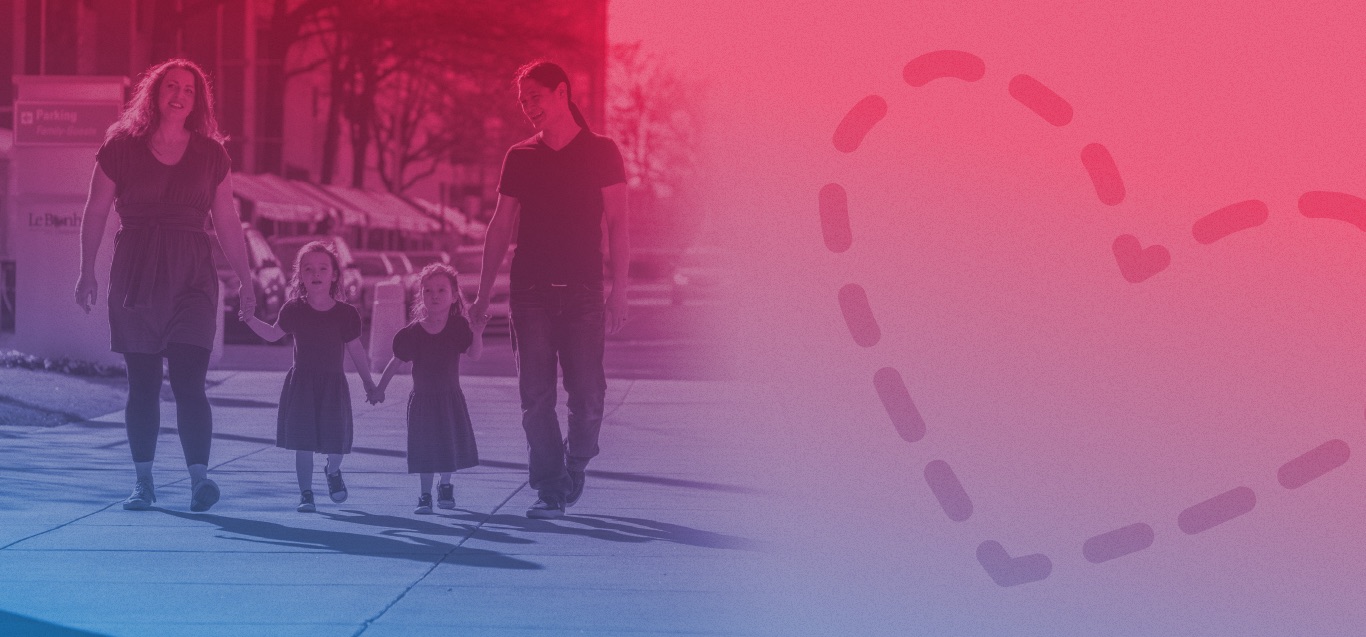
Autism Awareness
Posted: April 21, 2011April is National Autism Awareness Month, and even if someone in your family hasn't been affected by autism, you probably know someone who has. According to the Centers for Disease Control and Prevention, an average of one in 99 children has an autism spectrum disorder (ASD).
Le Bonheur neurologist Kathryn A. McVicar, MD, who specializes in autism spectrum disorders, shares some important information about the disability.
What is autism?
Autism is defined by behaviors that occur together. These are:
?problems with understanding the meaning of language and communication and the inability to convey meaning through language and communication
?problems with socialization or not understanding how people interact and work together
?a restricted behavioral repertoire, or a need for sameness
What are the initial signs of autism?
?Late talking
?NOT reacting to or recognizing his/her own name
?Poor eye contact
?NOT sharing experiences by pointing, gestures or verbalizing
?Prefers to be alone
?Appears to be in his/her own world much of the time
?Oversensitive to sounds, textures, smells, or certain foods
?Repetitive and obsessive behaviors
What treatment is available?
There is currently no treatment for autism, but early intervention is strongly recommended for children younger than 3 on the autism spectrum. Speech and language therapy, as well as therapy services that help autistic children learn to interact with others, are proven to help their development. Le Bonheur Early Intervention and Development provides services for kids in our community younger than 3 years with an ASD.
Symptoms of other disorders occurring with ASD, such as ADHD or sleep disorders, can be treated with medication and/or therapy.
What causes autism?
The exact cause of autism is not known in most cases, but scientists say there is a genetic risk factor. If a child's sibling or parent has an ASD, he or she is at greater risk to develop an ASD.
Sometimes ASD occurs in the setting of a specific identifiable disease such as neurofibromatosis or tuberous sclerosis.
No link has been found between vaccinations and autism spectrum disorders. The American Academy of Pediatrics and the Child Neurology Society both recommend vaccination for all children to prevent childhood diseases that have caused severe harm to children in the past.
What should a parent do if he or she suspects his/her child has autism?
If your infant or toddler shows any of the above signs of autism, consult his or her pediatrician. A pediatrician can screen your child for the disorder and may refer you to a specialist. The earlier a diagnosis of autism is determined, the better the child does in the long run. Education and intensive behavior therapy are the only proven interventions that work for all children on the autism spectrum. A specialist or pediatrician can connect you to resources to help your child.
You can also contact Tennessee Early Intervention Services for further evaluation and therapy.



